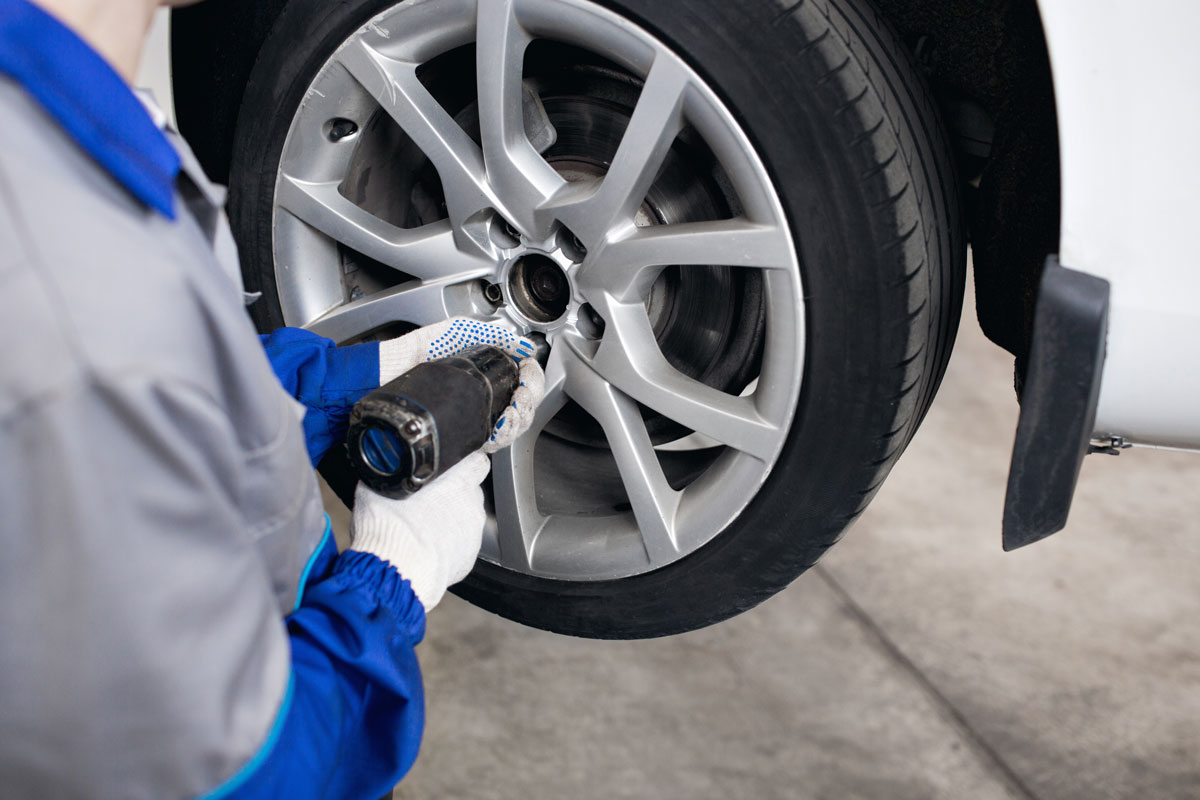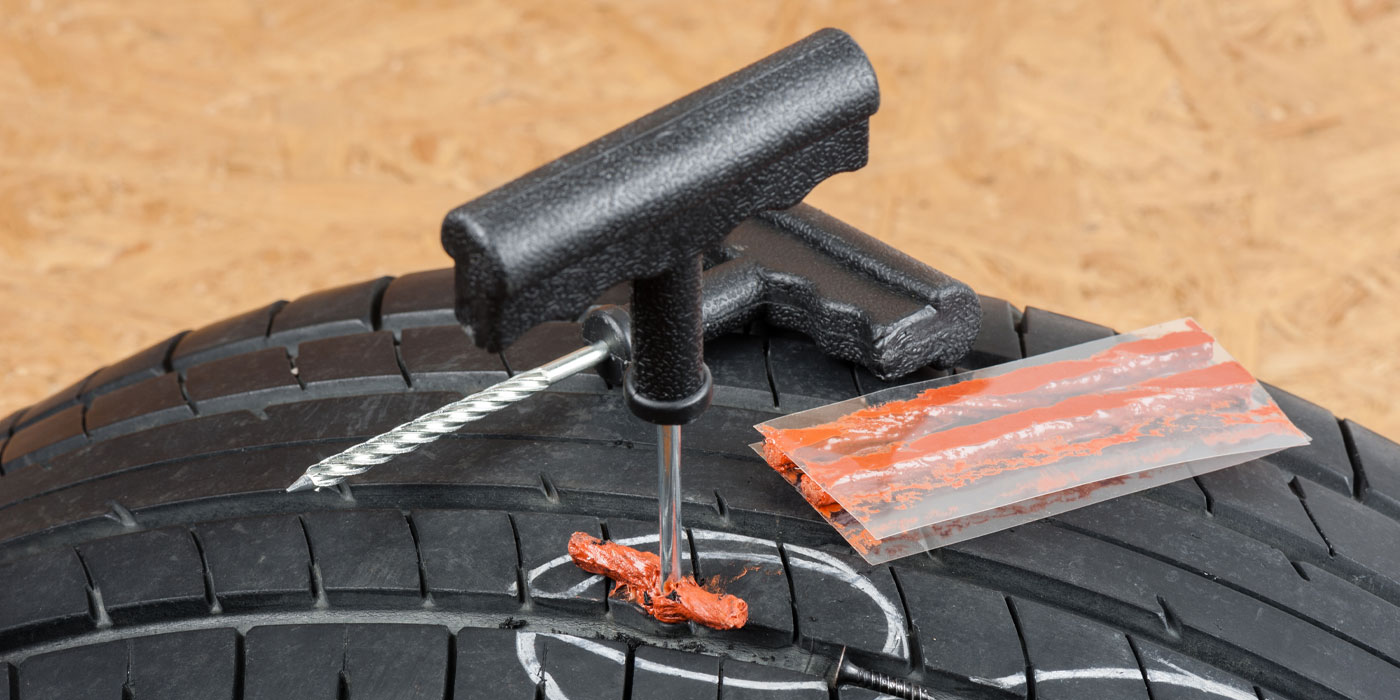Tire Tracks Morris IL: Top Quality Tires for Every Lorry
Tire Tracks Morris IL: Top Quality Tires for Every Lorry
Blog Article
The Ultimate Tire Fixing Checklist for Safety And Security and Financial Savings
Keeping optimal tire conditions is an essential facet of guaranteeing security on the roadway and maximizing cost-efficiency in the lengthy run. From tire pressure to step depth, each component plays a critical duty in the general performance of your automobile.
Importance of Tire Maintenance
Normal tire maintenance is essential for guaranteeing vehicle security and prolonging the lifespan of your tires. Additionally, rotating your tires at recommended periods advertises also step wear, leading to a much longer lifespan for your tires and far better handling of your car.
Moreover, regular tire assessments can assist determine possible problems such as slits, cuts, or protrudes, which if left ignored, can lead to tire failing. discount tires morris il. Correct alignment and harmonizing add to a smoother experience, improved fuel efficiency, and avoidance of uneven tire wear. In conclusion, focusing on tire upkeep not only guarantees your safety and security on the roadway but additionally conserves you money by extending the life of your tires and staying clear of expensive repair services or replacements
Checking Tire Pressure
Ensuring the correct inflation of your tires is a fundamental facet of car maintenance that straight affects safety and efficiency. Proper tire stress not just improves handling and stopping but likewise contributes to sustain performance. To examine tire pressure, make use of a tire stress gauge to determine the air pressure in each tire, including the extra. Refer to the lorry producer's recommended PSI (pounds per square inch) levels, generally located on a sticker label inside the driver's door, in the owner's manual, or online. It is recommended to check tire stress when the tires are cold, as driving heats up the tires and enhances stress analyses. Bear in mind to assess stress levels frequently, at the very least once a month, and in the past long journeys. Overinflated or underinflated tires can result in unequal step wear, lowered traction, and potential blowouts. By maintaining correct tire stress, you not just guarantee your security but also extend the lifespan of your tires and optimize gas economic situation.
Evaluating Tread Depth
To guarantee optimal security and performance of your automobile, a crucial element of tire upkeep entails examining the step depth consistently. The walk on your tires plays an important duty in maintaining grip when driving, especially in wet or unsafe conditions - morris tire service. Not enough tread deepness can cause reduced grasp, longer stopping ranges, and an increased threat of hydroplaning
One usual technique to check tread depth is by utilizing a walk depth scale. Put the gauge into the walk grooves to measure the depth. Most new tires have a walk depth of around 10/32 to 11/32 of an inch. As the walk uses down, it is necessary to check it regularly. The minimal legal walk deepness limit is 2/32 of an inch in most states, but also for enhanced safety and security, it is suggested to replace tires before they reach this limit.

Consistently checking your walk depth and replacing tires when necessary will not only boost your security when driving address yet also add to cost financial savings by improving gas efficiency and expanding the life-span of your tires.
Identifying Tire Damage
Inspecting your tires for signs of damage is crucial for maintaining roadway safety and security and protecting against prospective hazards. Consistently checking for tire damages can aid you deal with problems beforehand and stay clear of much more extensive and pricey repair work down the line. When evaluating your tires, look out for cuts, leaks, bulges, fractures, and click for more any type of other irregularities on the step or sidewall. These might show prospective weak points that might result in a blowout or loss of control while driving.

Increasing Tire Life-span
Normal upkeep techniques and proper driving practices are vital consider making best use of the longevity of your tires. To extend the lifespan of your tires, begin by guaranteeing they are effectively inflated according to the producer's suggestions. Underinflated tires can lead to boosted wear and lowered gas effectiveness. Furthermore, revolve your tires regularly to promote even step wear. This technique assists to expand the life of your tires by guaranteeing that they put on down evenly. Keeping your wheels correctly aligned is also critical in avoiding unequal wear patterns that can reduce tire lifespan. Avoiding unexpected stops, sharp turns, and speeding can lower unneeded wear and tear on your tires. On a regular basis inspect your tires for signs of damage, leaks, or irregular wear, and address any type of issues immediately to avoid more damage. By complying with these practices, you can significantly extend the lifespan of your tires, saving you cash in the long run.

Verdict
To conclude, regular tire maintenance is crucial for guaranteeing safety and security and saving money in the long run. By inspecting tire stress, examining step deepness, recognizing tire damages, and prolonging tire life-span, motorists can protect against crashes and pricey repair work. Focusing on tire upkeep is a basic yet reliable method to remain safe when traveling and avoid unneeded expenses.
Report this page